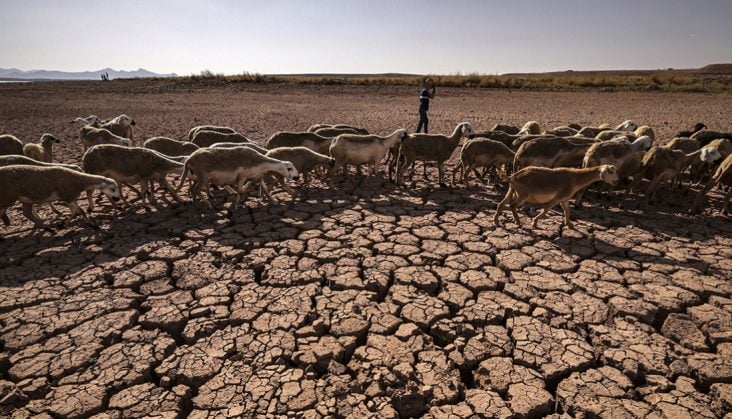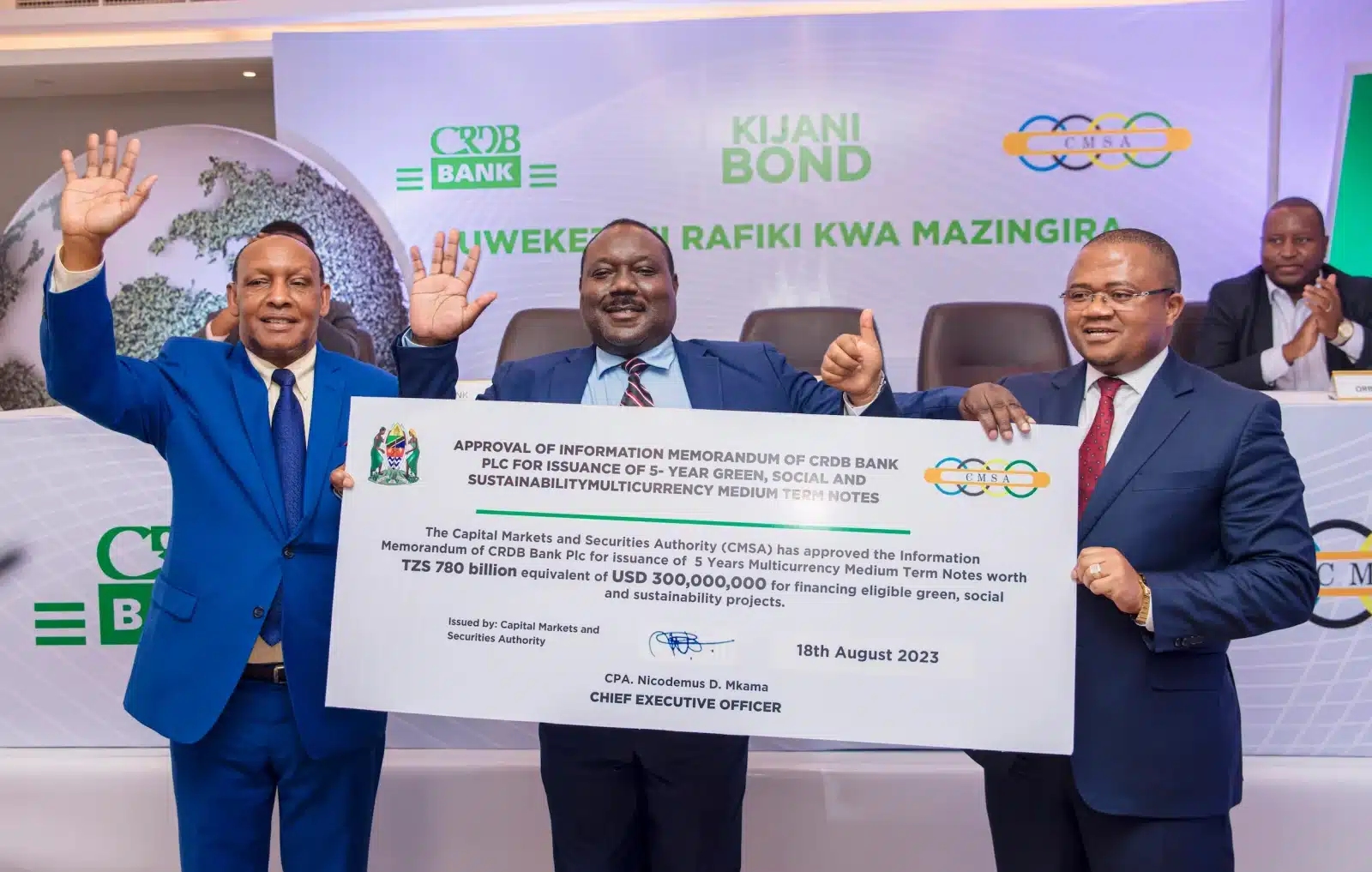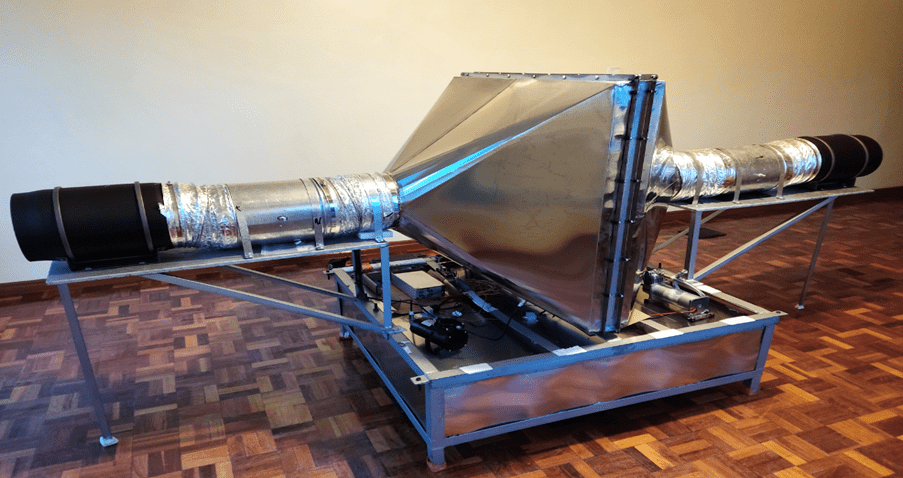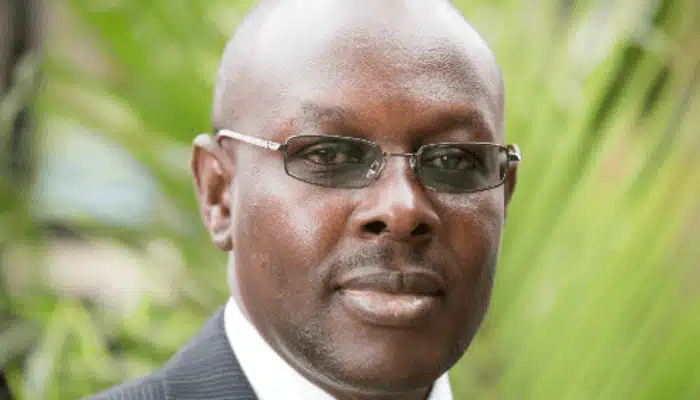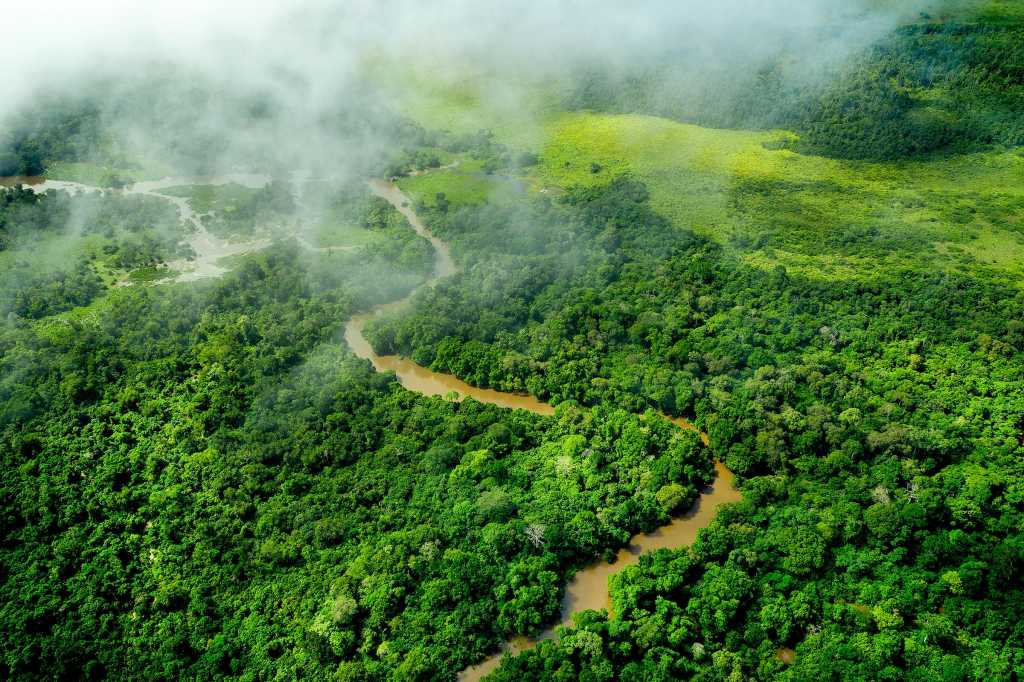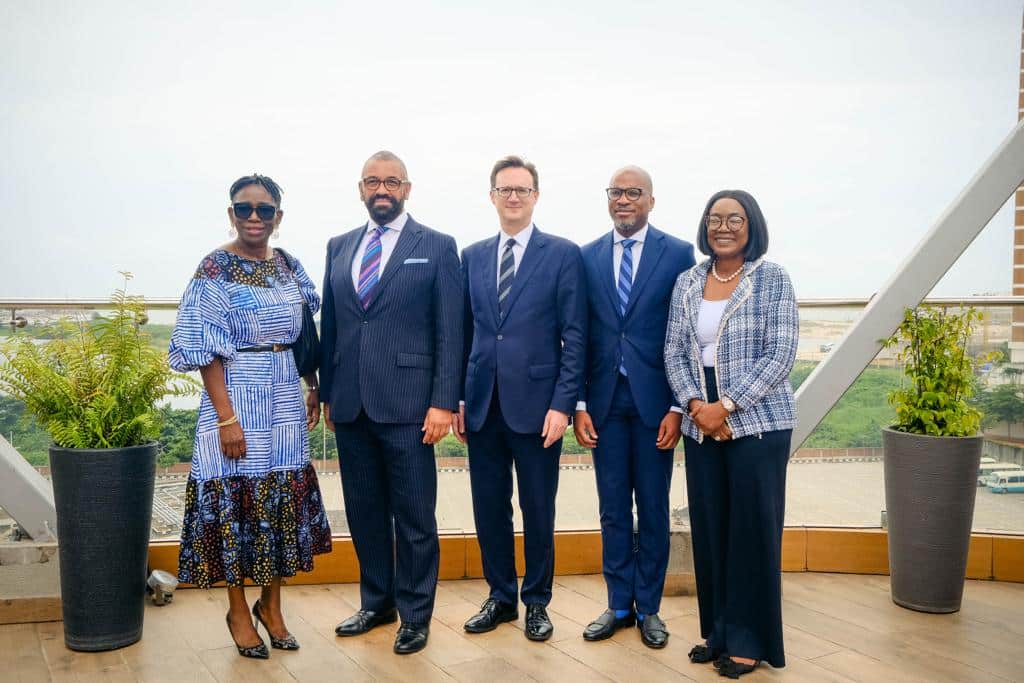The Pan-African Fund Managers’ Association (PAFMA) launched this week at the Africa Climate Summit aims to foster the adoption of alternative investments, with a particular focus on green finance.
The first day of the Africa Climate Summit in Nairobi saw the signing of an MoU marking the launch of the Pan-African Fund Managers’ Association (PAFMA), a new trade association bringing together fund managers from across the continent with backing from some of the industry’s most powerful players.
The five founding members of PAFMA are the Pension Fund Operators Association of Nigeria (PENOP); the Fund Managers Association (FMA) in Kenya; the Botswana Investment Professionals Society (BIPS); the Ghana Securities Industry Association (GSIA) and the Investment Management Association of Uganda (IMAU).
These national associations, which between them account for assets under management of over $70bn, have established PAFMA in collaboration with FSD Africa, a specialist development agency working to build and strengthen financial markets across sub-Saharan Africa.
Championing alternative investments
The launch of PAFMA comes as the industry faces many challenges. These include historically low savings rates along with a scarcity of viable investment opportunities and the escalating environmental risks confronting the continent.
Recognising the prevalent dominance of government securities among the current investible assets managed by fund managers on the continent, PAFMA’s primary objective is to foster the adoption of alternative investments.
This includes a particular focus on green finance, a pivotal driver for bolstering various sectors of the economy. By championing these alternative investment avenues, PAFMA seeks to not only stimulate job creation but also enhance income generation.
Among its activities, PAFMA aims to spearhead localised research efforts and initiatives to enhance knowledge sharing and capacity building enabling fund managers to evaluate and make investments in regions and countries where they did not previously have a presence.
Serving as a proactive advocate, PAFMA will also offer policy insights and champion the interests of its members in both regional and international arenas as well as facilitating regular gatherings of fund managers from across Africa.
“What we need to have is a pan-African association of fund managers who can share ideas and then hopefully collaborate on actual transactions,” Mark Napier, CEO of FSD told broadcaster CGTN Africa.
“When there are so many billions of dollars under the management of these fund managers that are coming together under the new association, it could be a very powerful force. We want it to accelerate the investment figures made through these kind of entities by helping them share knowledge and build capacity in that way.”
Read original article




